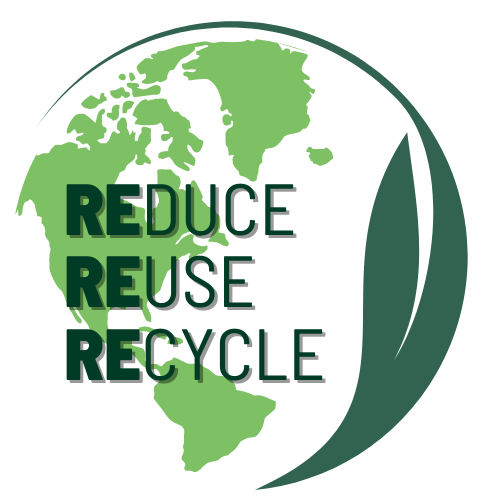Turning the tide on trash: Empowering European educators and school students to tackle marine litter
Turning the tide on trash: Empowering European educators and school students to tackle marine litter
Bonny L. Hartley, Sabine Pahl, Matthew Holland, Iro Alampei, Joana M. Veiga, Richard C. Thompson,
Turning the tide on trash: Empowering European educators and school students to tackle marine litter, Marine Policy, 2018,
ISSN 0308-597X,
Abstract:
Marine litter is a global environmental problem, and working
with educators and school students has much potential to facilitate
greater public understanding of the solutions and to enable action. This
research examined two new educational activities designed to empower
European educators and school students to engage with the topic of
marine litter, particularly focusing on behavior and on known
determinants of behavior rather than knowledge alone. In Study 1, 120
educators participated in an online training course on marine litter,
and completed a pre- and post-course questionnaire to assess change.
After participating in the course, educators felt significantly more
skillful and confident to incorporate marine litter education into their
future teaching. In Study 2, 341 school students (7–18 years old)
participated in an educational video competition on marine litter, and
completed a pre-post questionnaire to assess change. Following the
educational activity, students were more concerned about marine litter,
had a better understanding of the issue, causes and impacts, and
reported performing more waste-reduction behaviors. This research brings
together educational and behavioral literatures and demonstrates how
educational activities can be documented and evaluated systematically in
the quest of tackling marine litter.
https://drive.google.com/open?id=1GuOrqok3_RvB4jyRUSzgFurZmNNHSw7Z
https://doi.org/10.1016/j.marpol.2018.02.002.(http://www.sciencedirect.com/science/article/pii/S0308597X17305122)




